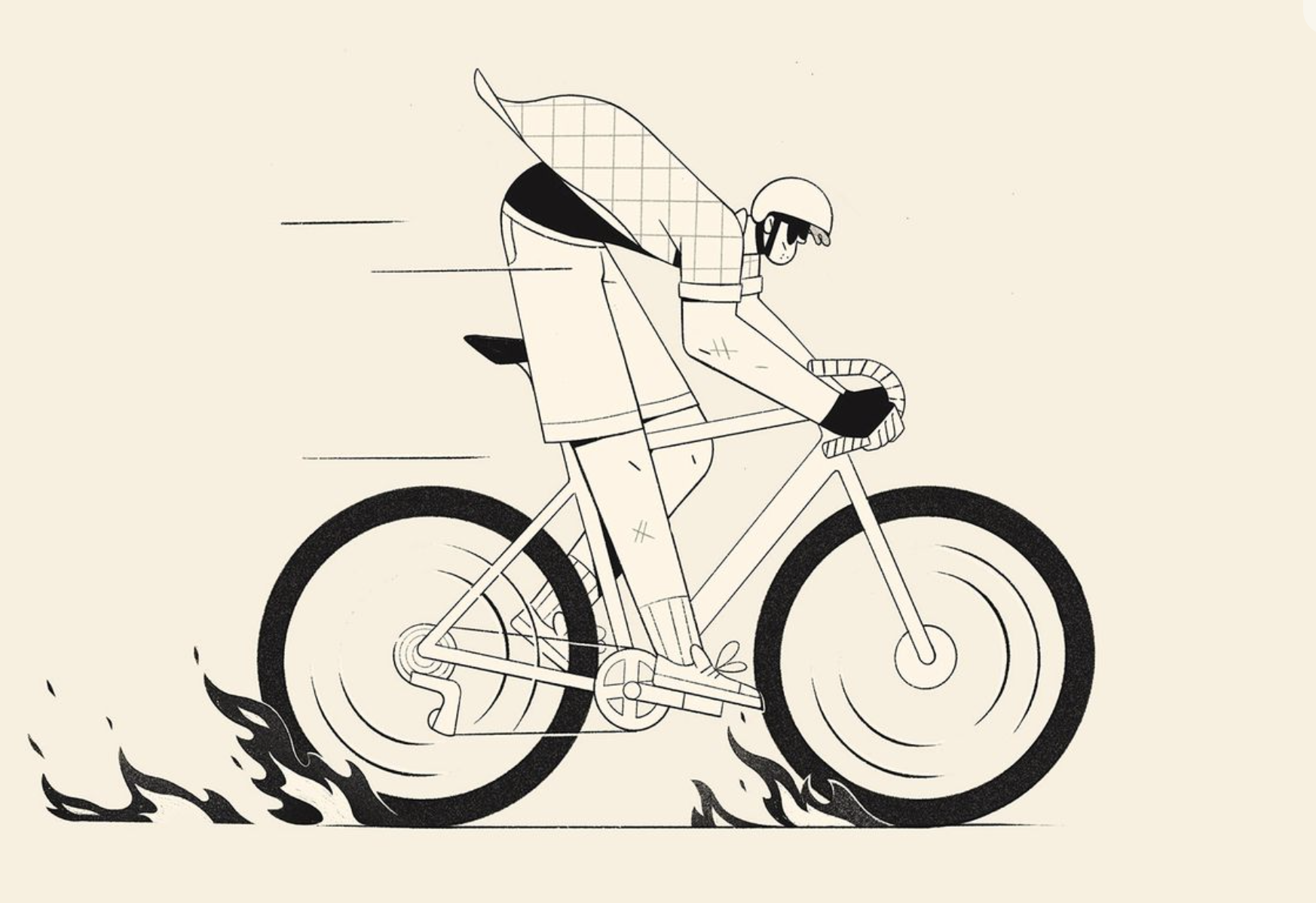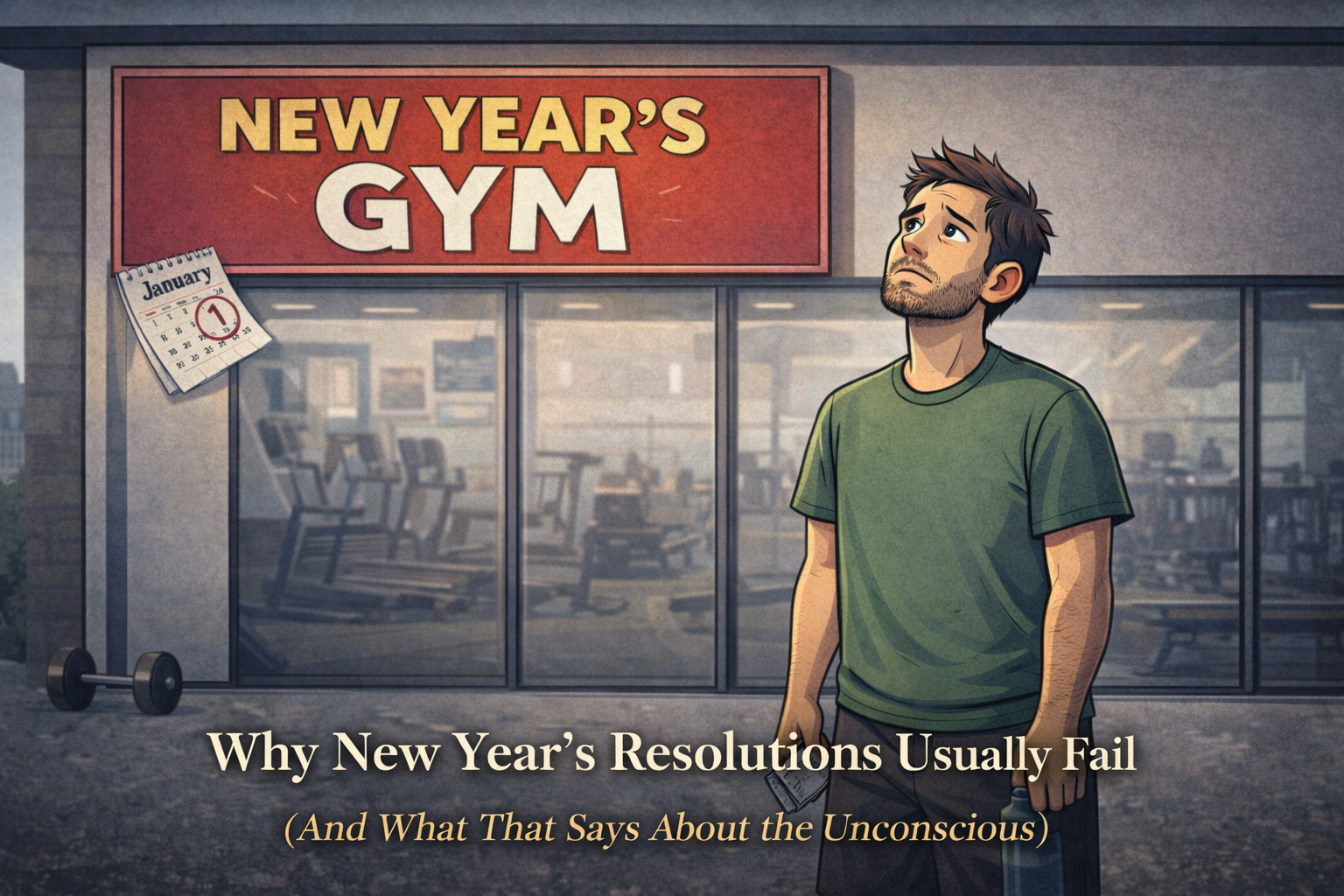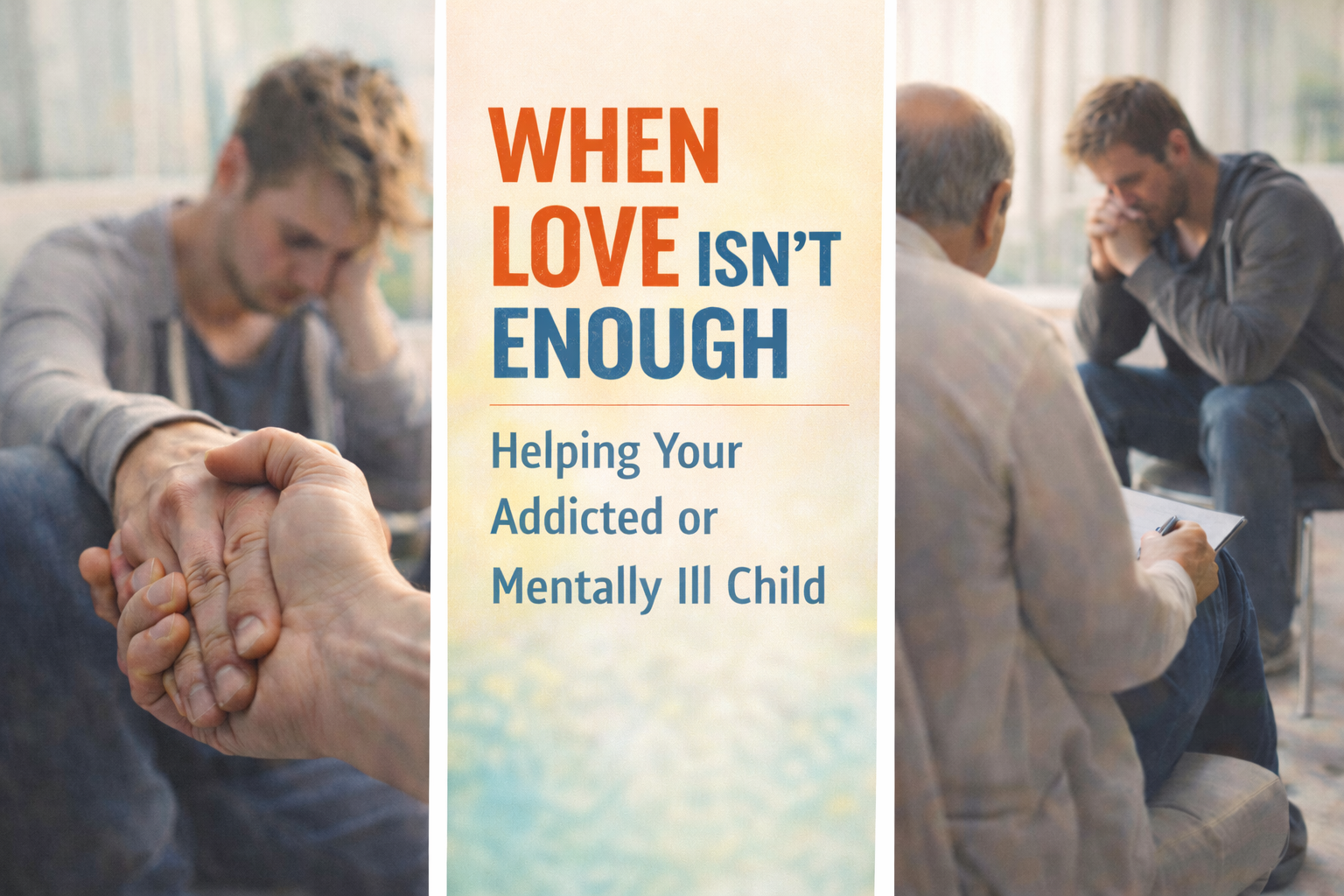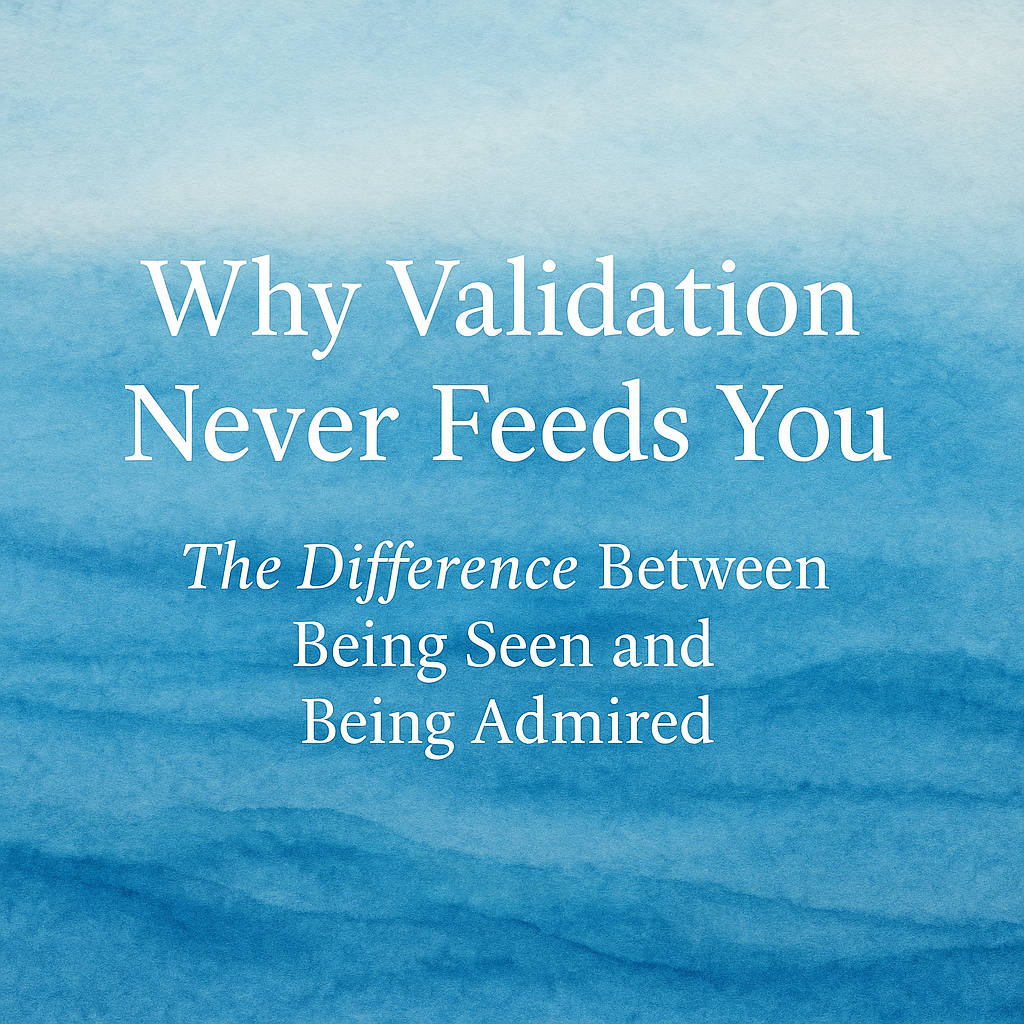By Brandon Shapiro, AMFT
Therapist in Newport Beach, CA
Along the boardwalks and coastal streets of Newport Beach, a new rhythm has taken hold. You can hear it before you see it — the soft hum of electric bikes weaving through the salt air, groups of teens flying by with wind in their hair and earbuds in. There’s a freedom to it, a thrill. But beneath that effortless glide, something deeper is happening in the psychology of this new e-bike culture.
As a therapist working with teens and young adults in Newport, I see it every day — the draw of the instant rush. With the press of a button, the body surges forward, adrenaline spikes, and the world blurs by. It’s dopamine on demand. No sweat, no strain, no uphill grind. Just speed.
And in many ways, it mirrors what’s happening on our phones. Scroll, click, swipe — each movement delivers a quick hit of reward. In a world already saturated with instant gratification, the e-bike has become the physical version of a “like” button. And it’s addictive in the very same way.
The Psychology of the Shortcut
Part of what’s so rewarding about traditional biking — or surfing, running, skating — is the earned high. The body pushes through resistanceResistance refers to the client's unconscious defense mechanisms that prevent them from confronting ..., releases endorphins, and the mind experiences the payoff that comes from effort. It’s a system hard-wired into us: work leads to reward.
E-bikes short-circuit that process. They deliver the rush without the work, teaching the nervous system to expect reward instantly. Over time, that shortcut to stimulation can take a toll — leaving many teens feeling restless, anxious, or low once the high fades.
We’re shaping a generation accustomed to hitting the “go” button for joy — on their bikes, their phones, their games, and even in their relationships.
Beach Culture and the Performance of Freedom
In beach towns like Newport, appearance and lifestyle carry real social currency. Teens see influencers cruising the boardwalk, phones in hand, golden-hour light hitting just right. The e-bike becomes more than transportation — it becomes an identity marker. It says, I’m in. I’m part of this scene.
But the comparisons come quickly. Who has the newest model? Who rides with the most confidence? Who looks the most effortless? What begins as freedom can morph into subtle performance — another arena for social comparison and another opportunity to feel “less than” in the highlight reel of coastal life.
Reconnecting With Real Reward
This isn’t an argument against e-bikes. They’re fun, efficient, and they genuinely help teens socialize. But without intention, we risk raising kids who crave speed more than substance — who chase stimulation over satisfaction.
The work for parents, educators, and therapists is to help young people reconnect effort with meaning. Encourage them to ride the analog bike sometimes. To surf without posting. To feel their heart rate rise and know they created that momentum.
Earned joy lasts longer. It builds self-trust rather than dependency on the next button, buzz, or burst of speed.
The world is moving quickly — maybe too quickly. And while e-bikes help us keep up, our mental health depends on slowing down enough to notice what real fulfillment feels like.
Where Therapy Comes In
Therapy offers a place to slow down — to step out of the loop of stimulation, comparison, and pressure. For many teens and young adults, the constant pursuit of instant reward can pull attention away from the deeper work their development is asking of them: unresolved feelings, identity questions, family dynamicsFamily Dynamics refer to the patterns of interaction and relationships among family members, which c..., or stressors we often outrun.
In therapy, we bring those things back into awareness. Young people can explore the parts of themselves pushed aside by constant stimulation — fears, hopes, insecurities, and values that shape their sense of self. This work of growing up helps them tolerate discomfort, reflect with curiosity, and integrate experiences rather than bypass them.
From a clinical perspective, therapy strengthens the ability to stay with internal experiences, regulate the nervous system, and build emotional resilienceEmotional Resilience refers to the ability to adapt to stress and adversity, bouncing back from diff.... For young adults caught in a culture of instant gratification, it’s a place to reconnect with themselves, slow the pace, and discover what truly feels meaningful.





